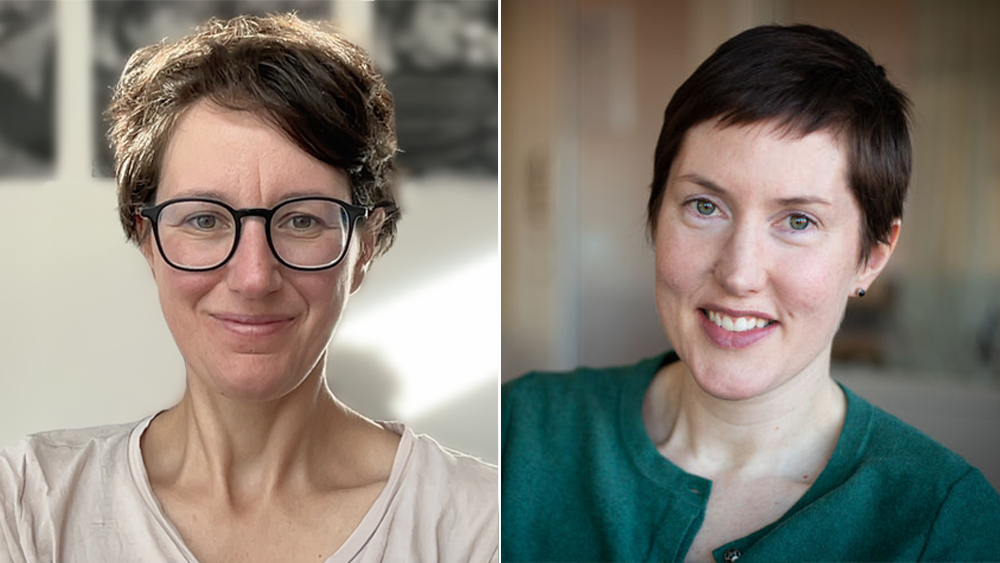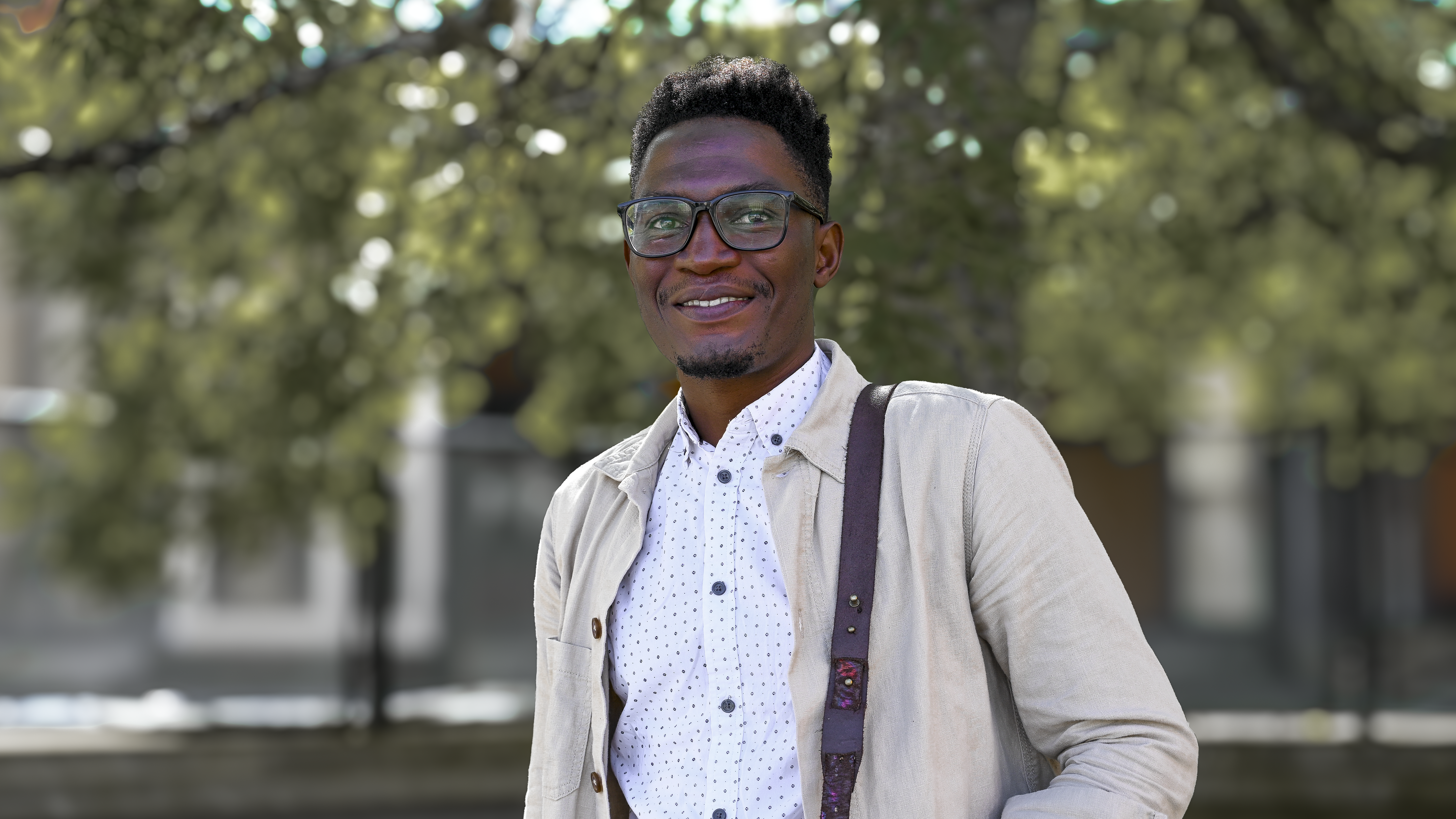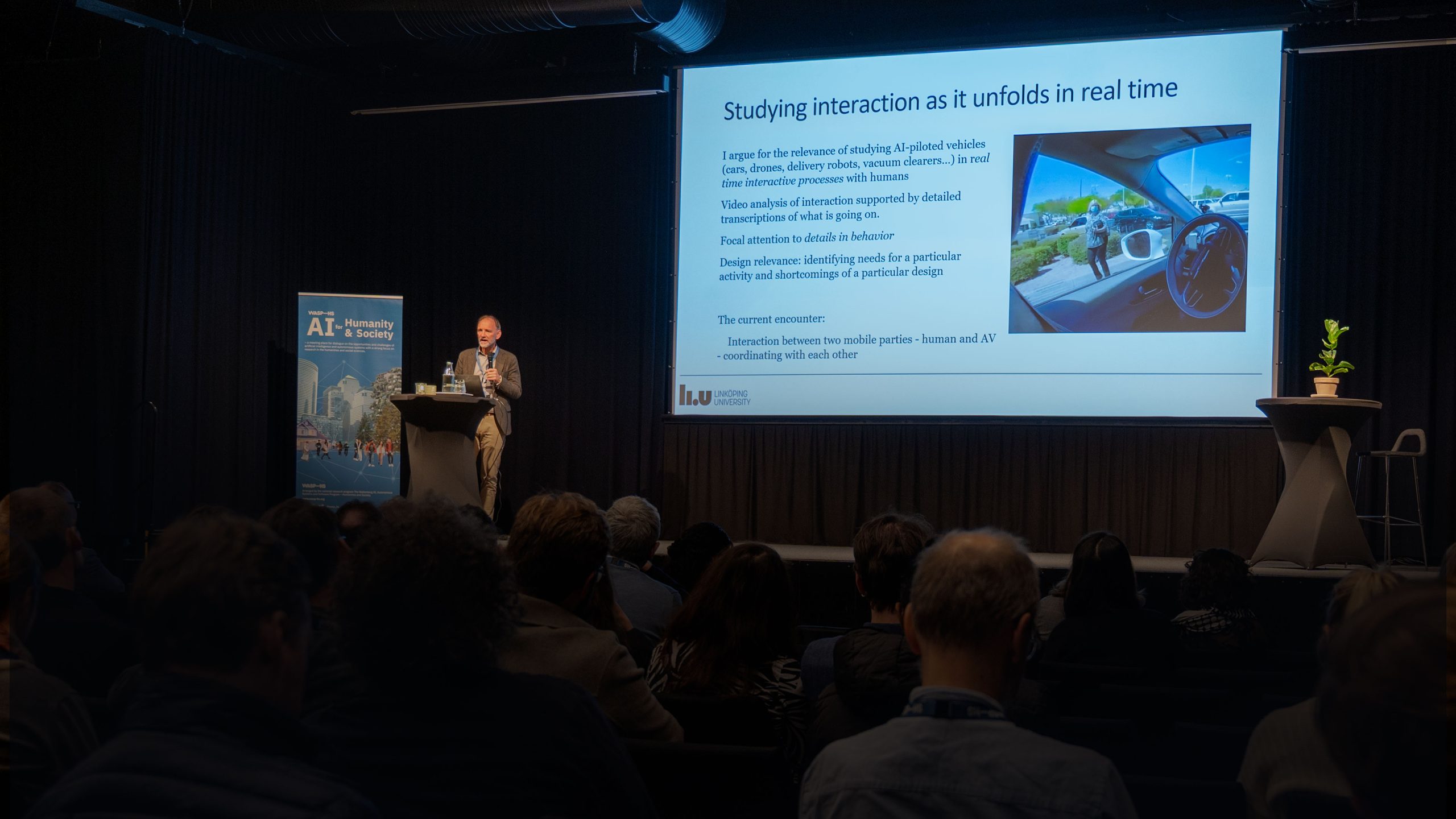How many times the word “sustainability” has been discussed in local and regional agendas? In what contexts? and how is it used? These were some of the key interrogations lying at the core of the WASP-HS Summer School.
We might find it normal to include this “fancy” term in our daily conversations, perhaps for talking about the climate effect of recycling practices, the environmental footprint of electric cars, or even the applications of solar energy, among others. However, no matter how and where the concept of sustainability is brought to the table, it seems that the moment the word is pronounced, the mind associates it with images of the environmental protection, climate change and saving the planet. That is, sustainability is mostly approached from a nature- friendly perspective, but sustainability is much more than that. Sustainability concerns everything we do and touches wider social dimensions of human well-being. Everything is connected with everyone.
The day sustainability met AI technologies was the day opportunities were unlocked for examining a complexity of real-world challenges and creating impact where it matters the most. Nevertheless, as Simon Lindgren reminds us, technology cannot be neutral as it is contextual and relational. It has diverse environmental, social, and human impacts depending on how, when and where it is introduced. For instance, decision-making algorithms learning from a single and limited metric, such as air pollutant, can miss or even increase other environmental and social risk factors, such as child labor and high levels of energy consumption. Thus, social science research allows us to unpack the rich complexities of sociotechnical settings, specially when humans use technology for achieving a mindful living. That is, it allows us to move away from the classical perspective of AI as a techno-magic solution for sustainability and advance towards a framework that sees technologies as an object of the research.
Keith Larson, who was also one of the lecturers during the WASP-HS Summer School, talked about the importance of not only including AI technologies and social science but also embracing an inter and transdisciplinary knowledge in our understandings of sustainable living. The key point is to remember that social and environmental problems emerge as a result of changes in the natural world. The same happens with sustainability, in the sense that there are no static problems nor solutions. Indeed, being critical when reimagining AI futures is vital if we want to push the boundaries of buzzwords such as sustainability and the Sustainable Development Goals.
AI for sustainability and the sustainability of AI demand us to think beyond today. As Albert Einstein said “we can’t solve problems by using the same kind of thinking we used when we created them”.
Isabel García Velázquez, doctoral student in Tema Genus at Linköping University, affiliated to WASP-HS.





